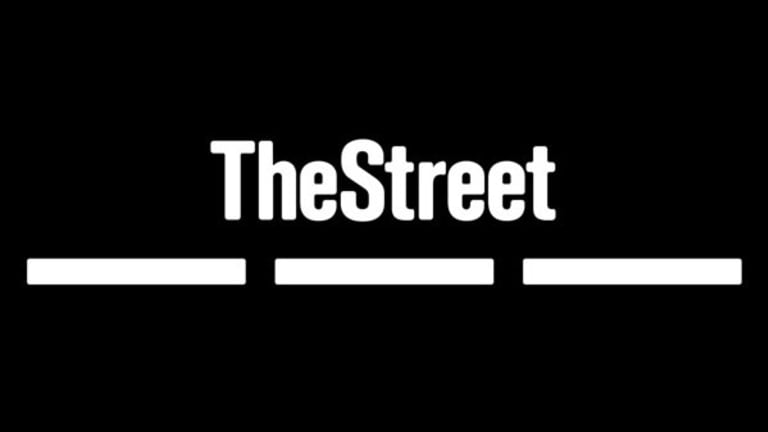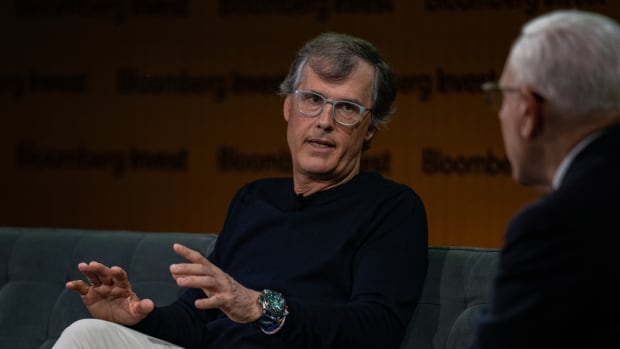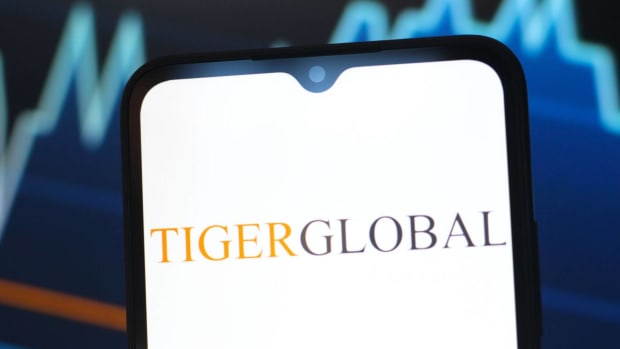
Why Microsoft Is Heading to $40
The following commentary comes from an independent investor or market observer as part of TheStreet's guest contributor program, which is separate from the company's news coverage.
NEW YORK (
) -- Lately, I have begun to wonder if software giant
Microsoft
(MSFT)
is still a technology company -- not because it no longer deserves the distinction, but because the market doesn't always regarded the company in the manner that it does
Apple
(AAPL)
or
Amazon
(AMZN)
.
|
It is no secret that part of the reason has to do with the fact that not only has Microsoft traded relatively flat over the past decade, but it's a foregone conclusion that Wall Street does not care much for the company's management -- one that has done little to inspire confidence and produce the rate of growth that investors crave. Fairly or unfairly, Microsoft is more often regarded for what it isn't instead of being credited for what it is. But I have reason to think that all of this is about to change.
The Quarter That Was
On Thursday, the company demonstrated during its
third-quarter earnings results
just how committed it is to turning around its fortunes and, more importantly, turning around how it is perceived in that ever-pessimistic court of public opinion known as Wall Street.
To that end, I can only say that it started its opening argument in convincing fashion by having earned 60 cents per share -- topping analysts' estimates by 3 cents on sales of $17.4 billion. The company continues to benefit from a resurgence in its Office productivity applications, server software, teleconferencing units and of course its operating systems franchise.
It is no secret that its periodic OS releases for years have been the primary driver of the stock -- and this year will be no different as the highly anticipated release of Windows 8 is due to provide a considerable pop to the stock. This is not only going to benefit Microsoft, but is also expected to raise the fortunes of its struggling PC partners in
Hewlett-Packard
(HPQ)
and
Dell
(DELL)
. But what investors will look for is whether or not Windows 8 will be enough to bring Microsoft back in favor with consumers. The company reported Windows division sales of $4.62 billion -- representing an increase of 4% from the period of a year ago.
Follow
TheStreet
on
and become a fan on
What was interesting was that Microsoft attributed the increase in sales to surging enterprise demand for its Windows 7 software. Remarkably, its increase in Windows sales was greater than the overall increase in PC shipments. This suggest to me that perhaps the PC market is not as bad as once perceived and that just maybe it is possible that Microsoft can possibly benefit from a successful launch to narrow the gap between itself and the tech behemoth that is Apple.
I will concede that most of my bullishness stems from what I anticipate will be its most successful OS launch since Windows 95. But for me, what really stood out from the call was that not only has the company fully embraced the reality of its current status, but it has also outlined a clear path to get to where it wants to be.
Looking ahead
Microsoft has now realized that if it truly aspires to grow to the extent that the market can once again consider it among the ranks of Apple and Google, it must think of Windows expansion outside of the traditional PC and into the realm of mobility. To that end, with the use of
ARM's
(ARMH)
chip technology, Windows 8 is expected to be a game-changer, scaling not only to traditional laptops and desktops, but to tablet and smart phone devices as well.
As far as outlook is concerned, the company was somewhat mum on projections. But it did indicate that it expects operating expenses for this fiscal year to arrive in a range of $28.3 billion to $28.7 billion. It expects fiscal 2013 operating expenses of $30.3 billion to $30.9 billion, up 6% to 8% from the midpoint of fiscal 2012 guidance. For the current fiscal year, sales are expected to rise 6% when compared with 12% in fiscal 2011.
Overall I have to say that I was extremely pleased with the report and it appears that by and large, the market agrees as well. The company continues to demonstrate that it is also committed to the
and establishing its own footprint from market leaders
Oracle
(ORCL)
and
IBM
(IBM)
.
Bottom Line
As great as the quarter was, there will be many who will jump at the chance to remind investors that the company is not out of the woods just yet in terms of the negative perception. And I think that's the correct approach to take as its recent track record of execution has done little to inspire confidence. How it handles the Windows 8 launch will go a long way toward restoring some of the level of respect that it has lost over the years.
But I think the best way to assess Microsoft and its value is on its performance this current quarter, rather than what the competition is doing. At a stock price of 32 and trading at a P/E of 11, value investors with 12-to-24 month investment horizons should consider giving the company a long look at current levels as any degree of success with Windows 8 can push the stock to 40 easily this year.
At the time of publication, the author was long MSFT, AAPL and ORCL and held no positions in any of the other stocks mentioned, although positions may change at any time.















